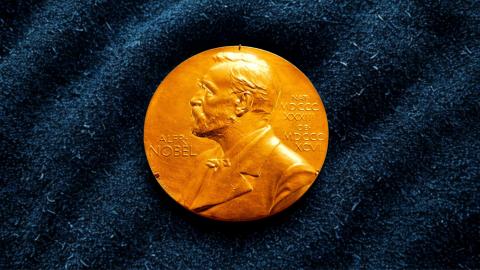The Nobel Prize 2025 for Medicine and Physiology was awarded to Fred Ramsdell, Mary Brunkow and Shimon Sakaguchi. The motivation for the Prize is the discovery of regulatory T cells (Treg), initiated and promoted by these three scientists.
Tregs are a group of T lymphocytes of the immune system that, by establishing peripheral immune tolerance, prevent the immune system from damaging the human body whenever it is activated. In other words, if our immune system did not have these cells, or even if they malfunctioned, we would experience chronic inflammation, and eventually death, after every response to an infectious agent, a drug and even when we eat.
Over the years, it has been shown that when these cells are deficient or malfunctioning, it increases the occurrence of cancer, cardiovascular disease, the severity and chronicity of infections, diseases such as type I diabetes, multiple sclerosis, rheumatoid arthritis, Lupus, and allergies.
The University of Genoa and the San Martino Hospital have contributed, and are contributing, significantly to these studies. The Genoa team of researchers, coordinated by Raffaele De Palma, in collaboration with the Talal Chatila group from Harvard Medical School, and other Italian and foreign colleagues, has been studying the role of these cells in diseases for years. The work of the multinational research group has characterised a special type of Treg cells, educated in the gut by the microbiota, which, when called into the tissues by inflammatory stimuli, support the inflammatory response, instead of switching it off. The team has already demonstrated how this mechanism is present in severe forms of Covid-19-induced pneumonia, in severe forms of post-Covid paediatric multisystem inflammatory syndrome, and in multiple sclerosis.
The latest work by the UniGe-San Martino team, published in the prestigious journal Immunity, went online three days before the Nobel Prize was awarded. Raffaele De Palma commented: "These studies open the way for new therapies to arrive at a more selective and personalised therapy in many diseases. The awarding of a Nobel Prize, beyond the awarding to a few, is a recognition of a movement that, despite the difficulties, pursues and proves an idea and, in the case of medicine, works to turn it into an advantage for patients. I cannot but express our satisfaction, and I mean mine and that of all the people who have helped me and still help me in this adventure, for having contributed, in our own small way, to this wonderful and fascinating adventure'.
Further information can be found in the university magazine.
